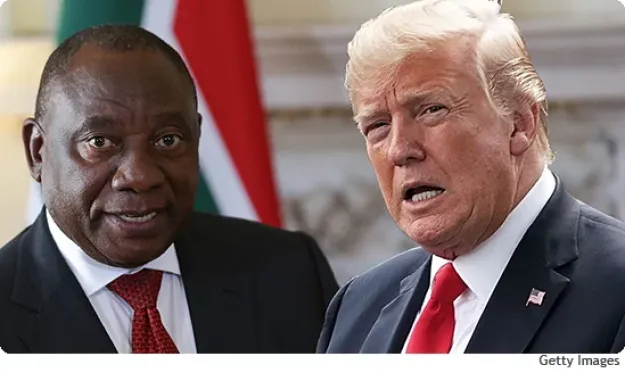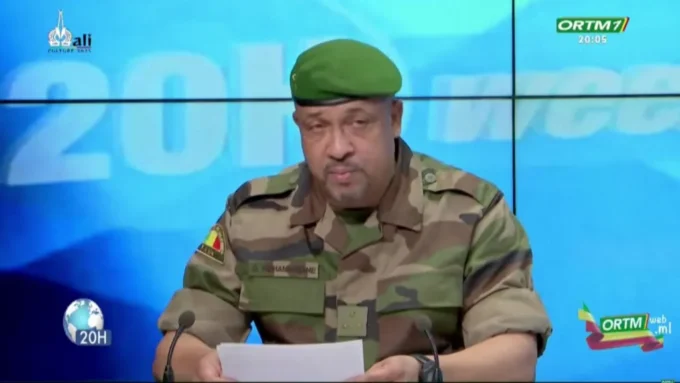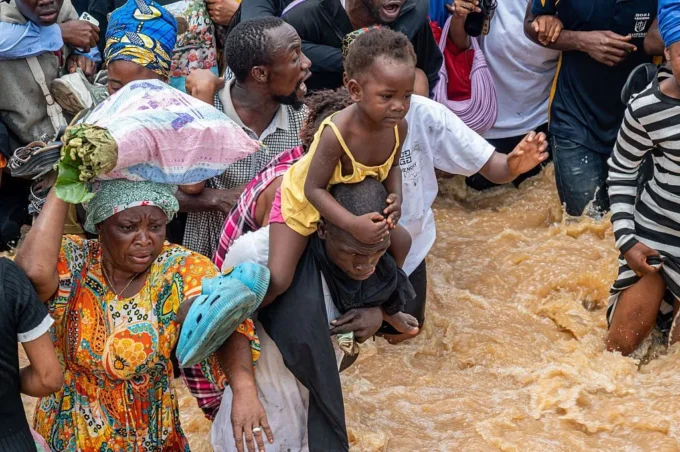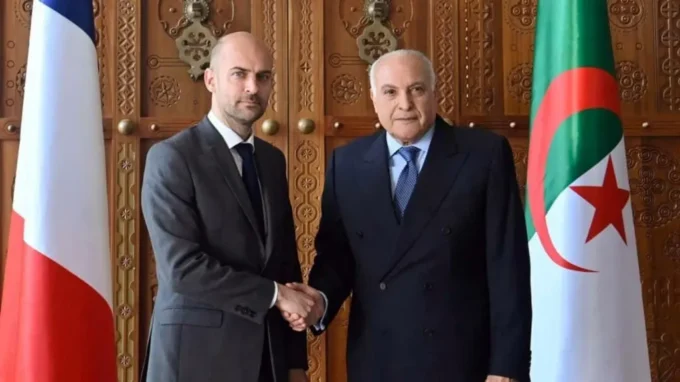US President Donald Trump has declared his intent to sever all future US financial support to South Africa, reacting to allegations that the nation is engaging in land confiscation and mistreating “certain classes of people.” This decision was prompted by a new law signed last month by South African President Cyril Ramaphosa, which permits land seizures without compensation under specific conditions.
Land ownership in South Africa remains a deeply divisive issue even three decades post-apartheid, with the majority of private farmland still in the hands of white South Africans. The new law aims to address historical racial injustices through land reform, igniting debates on both national and international stages.
In response to Trump’s accusations, President Ramaphosa clarified on social media, “South Africa is a constitutional democracy that is deeply rooted in the rule of law, justice, and equality. The South African government has not confiscated any land.” He also pointed out that the only US aid South Africa receives is through PEPFAR, contributing to 17% of the nation’s HIV/AIDS program. According to US government data, South Africa received approximately $440 million in US assistance in 2023.
Elon Musk, who grew up in South Africa and now advises Trump, has criticized the law, questioning its racial implications on social media with, “Why do you have openly racist ownership laws?” His comments have fueled further debate on the matter.
On his social media platform, Trump announced, “I will be cutting off all future funding to South Africa until a full investigation of this situation has been completed!” In a subsequent briefing, he described South African leadership’s actions as “terrible things, horrible things,” emphasizing an ongoing investigation into the land policies.
The new law only permits expropriation without compensation when it’s deemed “just and equitable” and in “public interest,” particularly for unused properties or those posing risks to public safety. Previously, land redistribution was governed by the “willing seller, willing buyer” principle, which critics argue has slowed down the land reform process.
Comparisons to Zimbabwe’s land seizures have been made, with concerns about potential economic fallout and investor exodus. South African Mineral Resources Minister Gwede Mantashe retaliated against Trump’s threats by suggesting that South Africa might withhold its mineral exports to the US, including key resources like platinum, iron, and manganese.
AfriForum, an organization advocating for South Africa’s white Afrikaner community, has called for amendments to the new law to safeguard property rights but opposes Trump’s approach to punish the entire nation, suggesting sanctions should target “senior ANC leaders” instead.
The African National Congress (ANC), under Ramaphosa’s leadership, governs in coalition with smaller parties. This isn’t Trump’s first critique of South Africa; during his initial term, he directed then-Secretary of State Mike Pompeo to investigate claims of “farm seizures and expropriations” alongside accusations of widespread farmer killings, which were met with rebuttals from South Africa, calling Trump’s statements misinformed and divisive.














Leave a comment